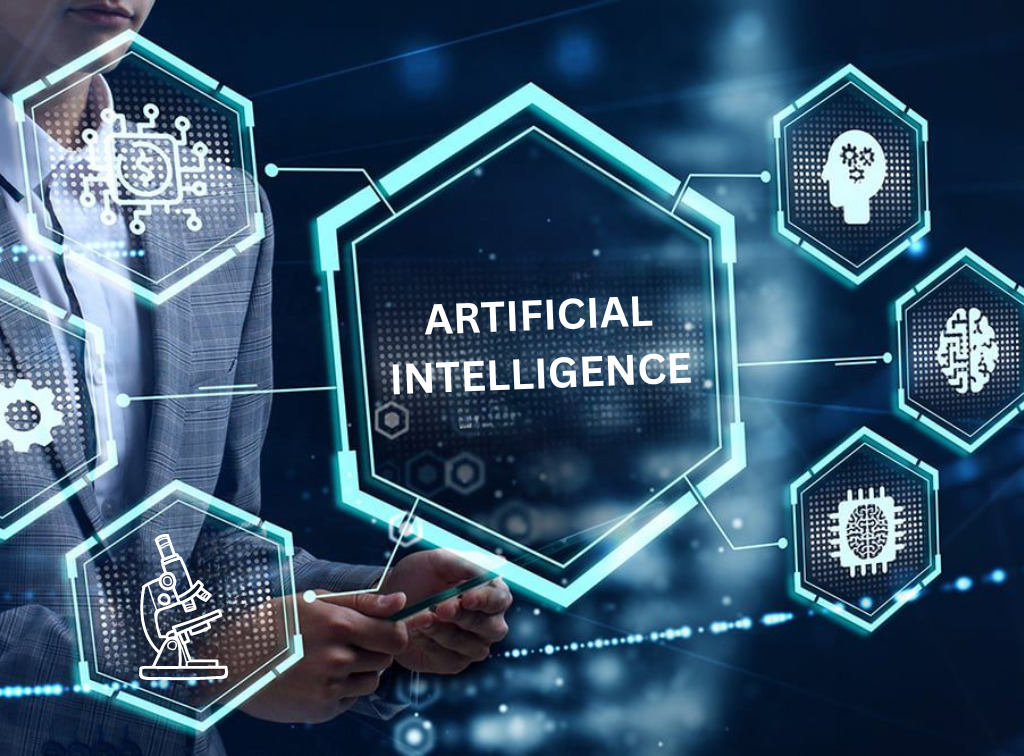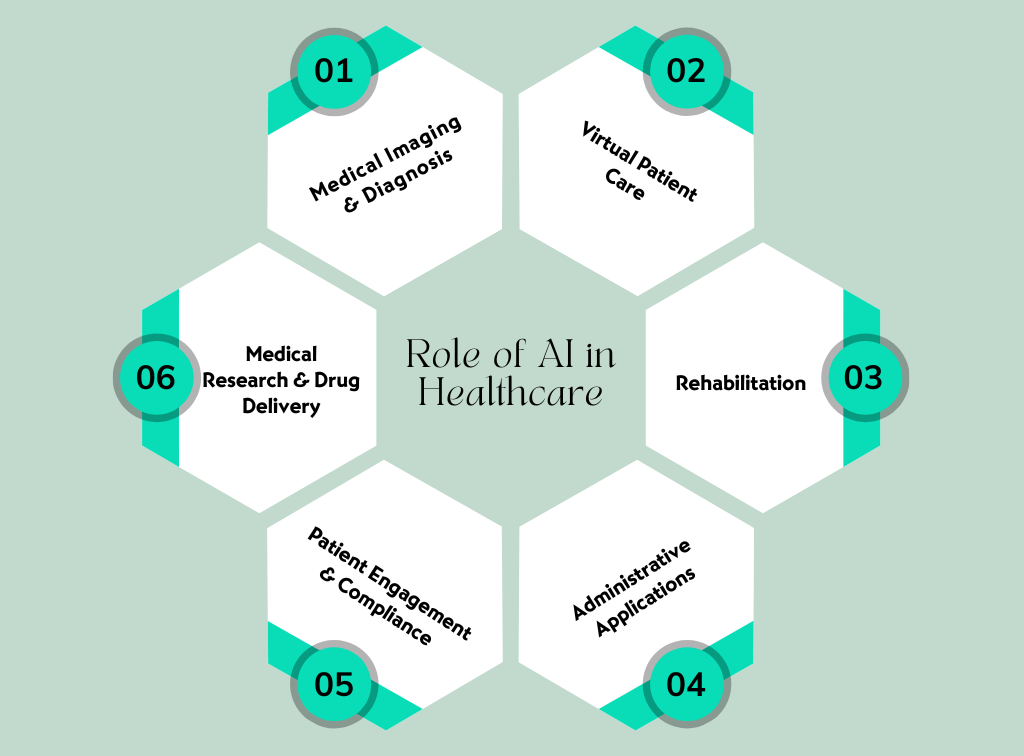Artificial Intelligence (AI) has pervaded every segment of human life, from driving advanced technologies to transforming the way industries function. In the sphere of bioscience, AI brings vast possibilities and profound changes. It is helping decode the mysteries of life sciences and accelerating biomedical research and implementation. These advancements also bring about novel ethical and practical considerations. Let’s dive deeper into how AI is revolutionizing bioscience and the implications arising from it.

How AI is Redefining Biomedical Research and Implementation
The adoption of AI in bioscience opens a gateway to a future where diagnosis and treatment methods could be significantly more refined and precise. AI is adept at processing and interpreting vast sets of biological and biomedical data, which helps enhance research capabilities. It leverages machine learning algorithms to predict disease progression, understand the genetic bases of diseases, and identify novel drug candidates – redefining the contours of precision medicine.
With AI’s computational power, biomedical research is now moving beyond traditional methods. Machine learning techniques like deep learning are enabling the prediction of disease trajectories and responses to therapies. This shift towards predictive, preventive, and personalized medicine empowers physicians to make better-informed decisions about patient care and engages patients in a more proactive role in health management.
Additionally, AI helps in medical imaging and diagnostics by effectively analyzing image data, thereby reducing the margin of error. Machine learning models can recognize patterns in X-ray, MRI, and CT scans, which help radiologists in quicker, more accurate diagnoses. This application of AI not only improves diagnostic accuracy but also contributes to improving patient outcomes.
AI’s ability to handle vast datasets and complex computations extends to drug discovery and development as well. It can streamline the drug discovery process and identify potential drug candidates with high accuracy and speed. This radically reduces the time and financial resources invested in the drug discovery process, bringing treatments to market faster.
The integration of AI in wearable health devices provides real-time health monitoring and early detection of health abnormalities. AI algorithms facilitate the analysis of massive volumes of heart rate or blood pressure data generated by these devices, paving the way for timely interventions to prevent adverse health outcomes.
Ethical and Practical Implications of AI in BioScience
As AI’s role in bioscience expands, so do the ethical considerations. The prime concern is data privacy and confidentiality. With the extensive use of patient data in AI algorithms, safeguarding patient confidentiality is of utmost importance. The responsibility increases manifold when genetic data is involved. Regulations and adequate safeguards need to be in place to ensure data security and compliance with ethical standards.
Bias in AI algorithms poses another serious ethical concern. Algorithms are based on the training data provided to them. If the data set lacks diversity or is biased in some way, it will invariably affect the predictions and recommendations of the AI system. Thus, it becomes crucial to ensure that AI tools are designed and trained based on diverse and unbiased data to attain accurate and equitable outcomes.
AI’s role in predictive accuracy raises another ethical consideration. Predictive models sometimes may not provide absolute certainty or may be prone to errors. The moral dilemma here is when to act on such predictions especially when they involve life-altering interventions or treatments. Ethical guidelines on handling and acting on predictive analysis are vital for effective AI applications in bioscience.

AI’s disruptive nature in reshaping patient care, diagnostic methods, and drug discovery also brings practical implications. The incorporation of AI could cause disruption in existing healthcare workflows, requiring new protocols and adjustments to be made. Moreover, healthcare professionals need to acquire new skills and understanding of AI for its effective application and interpretation.
The costs involved in implementing AI technologies can be a deterrent, especially in resource-limited settings. Policymakers need to work collaboratively with technologists and healthcare providers to develop cost-effective strategies for AI implementation, which does not compromise the quality of care.
Finally, regulatory oversight pertaining to AI in bioscience is less developed. Devising suitable regulations and standards to ensure the safety, efficacy, and accountability of AI tools is essential. A balance needs to be struck between encouraging innovation and ensuring patient safety and data privacy.
In essence, while AI presents unlimited potential for enhancing bioscience, careful attention is necessary to ensure that the use of AI is both ethically and practically sound. Amidst the complexities of the AI revolution within bioscience, it is clear that this technology has the potential to create a new era of medicine and healthcare one that is more predictive, personalized, and precise. With data privacy norms, fair algorithms, resources for implementation, and proper regulatory oversight, AI can be harnessed to its fullest potential to build a healthier and better world. AI-driven advancements in bioscience have the potential to bring in a paradigm shift in healthcare, leading us towards an exciting and promising horizon.
Ainu Token aims to offer impartial and trustworthy information on cryptocurrency, finance, trading, and shares. However, we don't provide financial advice and recommend users to conduct their own studies and thorough checks.



Comments (No)